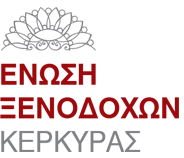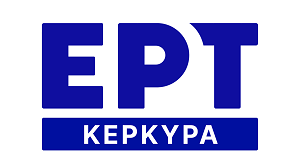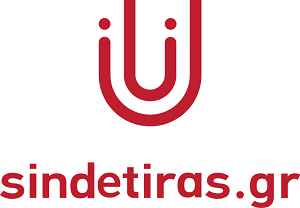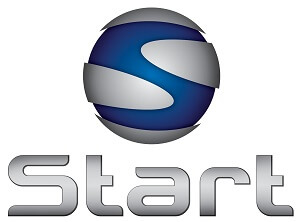Summary: This research is part of an extensive study in relation to Greek cinema and how it introduced the character of the autistic person in his myth. Through a qualitative research of Greek films since 1988 - where during this period the first Greek attempt at cinematic representation of autism was made and screened in parallel with the film Rain Man, (1988) which is considered as the film that for first time have introduced autism to the world audience - until the period of 2016. The research studies five (5) films. Three (3) feature films, one (1) short film and one (1) documentary. All of these films clearly deal with the autistic character. The research was conducted through semi-structured interviews with film directors, screenwriters and actors. The films that were studied are: I Zoi me ton Alki (Η ζωή με τον Άλκη, 1988), Kokkino Triantafillo sou Ekopsa (Κόκκινο Τριαντάφυλλο σου Έκοψα, 1993), The Routine (Η Ρουτίνα, 2015), Eteros Ego (Έτερος Εγώ, 2016) and Miteres Aggelon (Μητέρες Αγγέλων, 2013).
Objective: The purpose of this study is to study the way in which Greek filmmakers managed to include the autistic character in their films. The aim of the research is to study how autistic characters were included in these films, where the fiction starts and where it ends the objectivity of the representation and the reasons for choosing such a special character. A series of semi-structured interviews were conducted with directors, screenwriters and actors.
Method: A series of interviews were conducted with Greek directors, screenwriters and actors and the way in which they approached the issue of autism. The results were qualitatively analyzed. The research was divided into two main stages. Extensive literature research on diffuse developmental disorders was initially conducted (briefly referred to as autism but the internationally established term based on the DSM-V is a range of diffuse developmental disorders). Then the series of semi-structured interviews took place. The questions and the structure of the interviews were constructed exclusively for the needs of the present research and were reviewed by a team of experts. All the interviews were filmed and in the end a feature-length documentary emerged. This documentary was screened as an official screening at the 24th Thessaloniki Documentary Festival.
Conclusion: This research comes to fill a large research gap in relation to Greek cinema and the study of special characters and in particular the study of character with autism. There is a global interest in people with disabilities in international cinema and especially in Hollywood. A key finding of the present research is the need of directors and screenwriters to render, study and represent through their work their personal experiences. It also turns out that although cinema is more often about fiction, the goal is to create representations that often apply to correct standards. The screenwriters and directors said that their ultimate goal was to update and raise public awareness for people with autism. While, the actors mentioned their effort to approach the issue with respect or honesty.
Back
SPONSORS
 Agora Restaurant Grill House
Agora Restaurant Grill House Lupin Aperitivo Espresso Bar
Lupin Aperitivo Espresso Bar






























